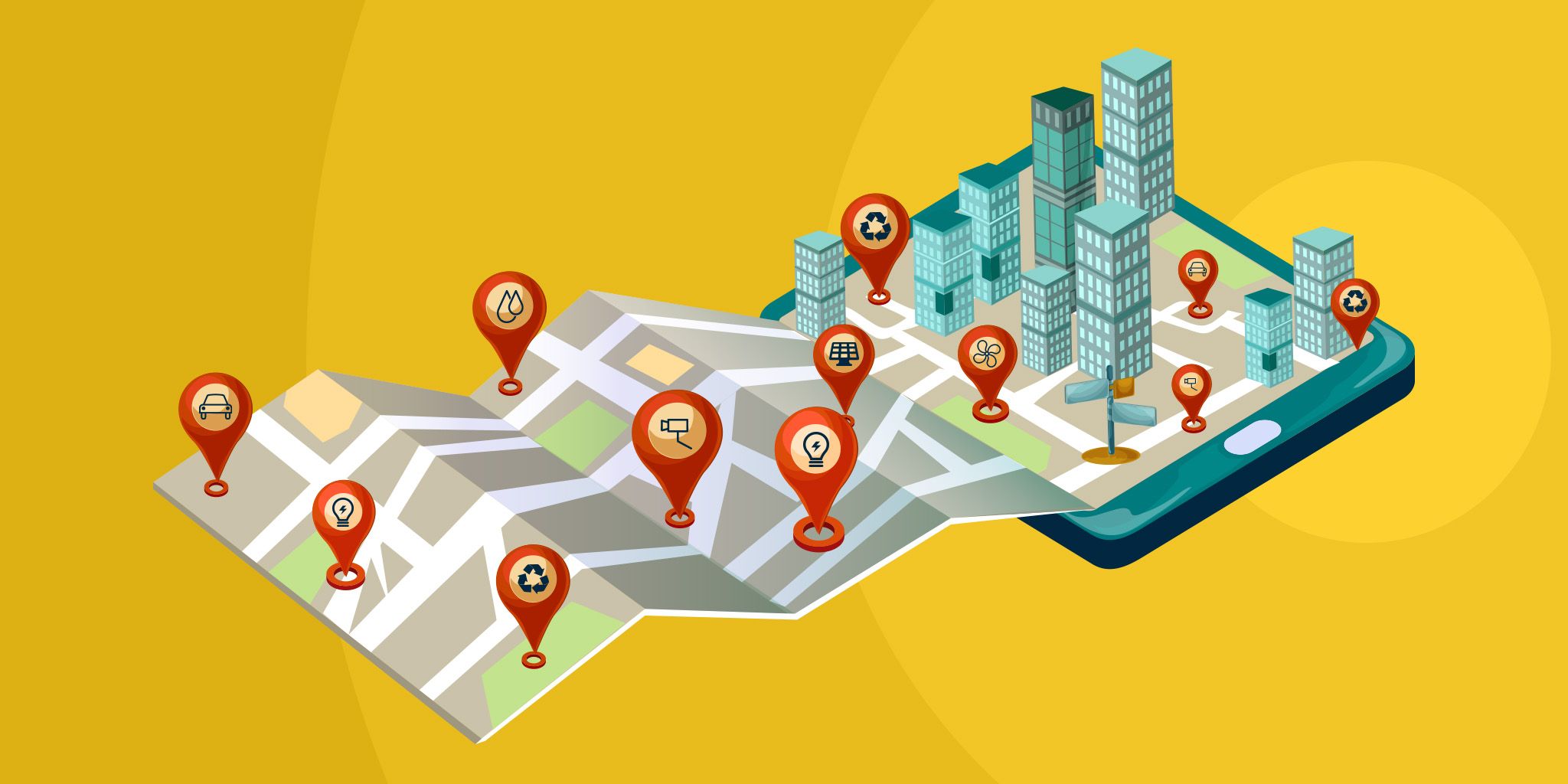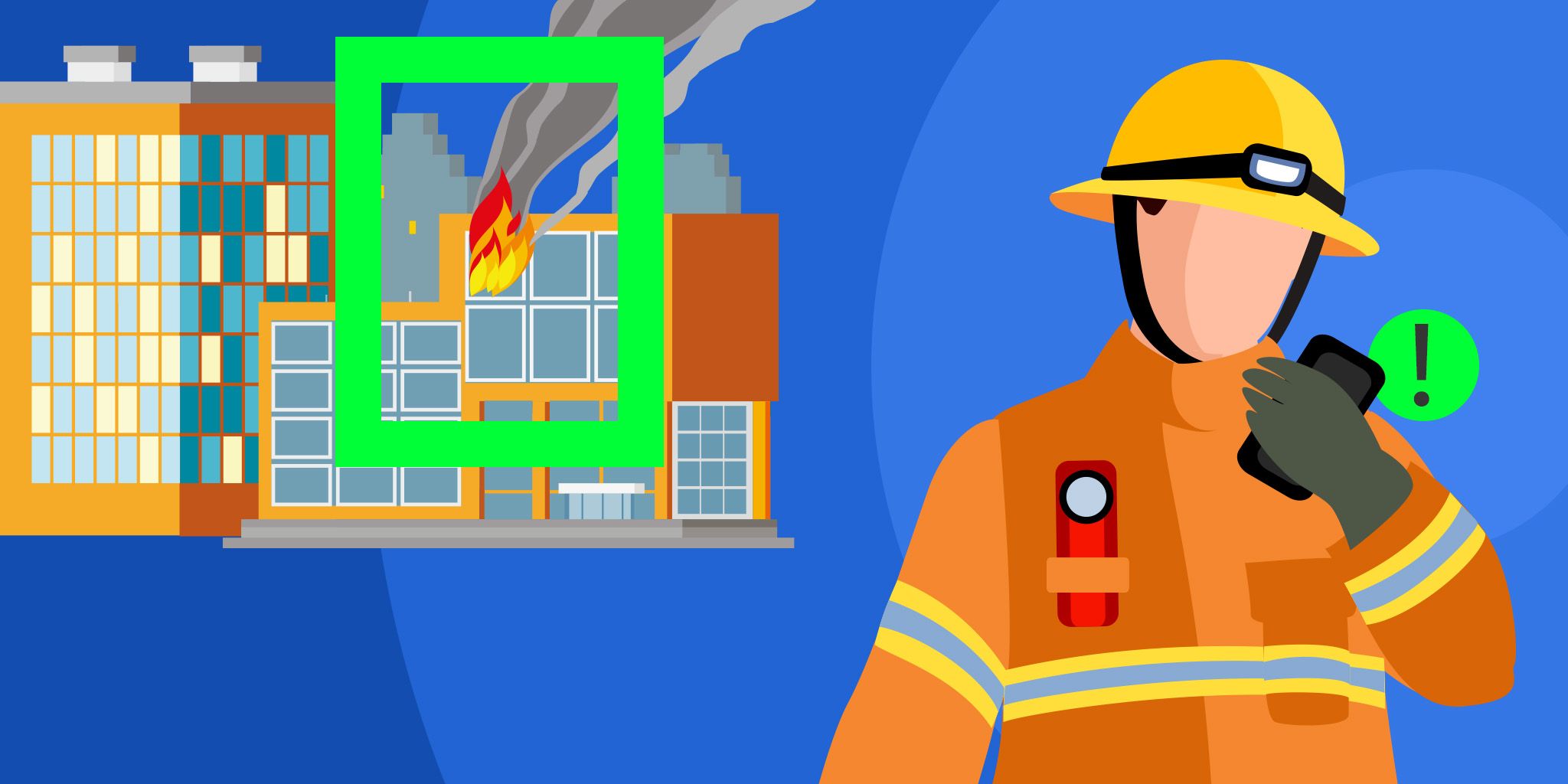The University of British Columbia Improves Campus Parking and Waste Management With LoRa® Technology
The University of British Columbia Improves Campus Parking and Waste Management With LoRa® Technology
- Last Updated: December 2, 2024
Semtech
- Last Updated: December 2, 2024



This past summer, the University of British Columbia (UBC) rolled out its new smart campus solutions to help with waste management and the ever-annoying parking problem. UBC has the third-largest student population in Canada, and catering to the needs of more than 60,000 students is no simple task. The university turned to eleven-x, a Canadian LoRaWAN® network provider for advanced Internet of Things (IoT) solutions, and Semtech’s LoRa® devices and wireless radio frequency technology (LoRa Technology), to help solve these challenges.
To meet the needs of more than 60,000 students, the University of British Columbia used IoT for new smart campus solutions to help with waste management and the ever-annoying parking problem.
Waste Management
Across the expansive UBC campus, LoRa-based sensors are installed in waste bins and embedded in the pavement. These sensors monitor real-time data to increase efficiencies and to reduce operating costs. In order to leverage data captured by the sensors, these IoT solutions are connected to eleven-x’s LoRaWAN-based network.
To alleviate waste management issues, alerts are triggered automatically and shared with university staff when waste bin levels are full. Simply, when wastebaskets reach a certain threshold, the campus staff is notified to clean them. This mitigates the potential for waste overflow onto the campus grounds. These levels are monitored in real-time through third-party cloud-enabled applications, optimizing maintenance response.
Parking Management
To address UBC’s parking problems, a system was designed to verify which parking spots are used the most and specifically, how many spaces are available for those with disabilities. The data captured by the LoRa-enabled sensors is used continually to modify the flow of traffic, to create new spots and to increase overall user efficiency across the campus parking structures and lots.
Brian Jones, director of UBC’s parking and access services, said, “Improving waste and recycling services not only helps the school look more aesthetically pleasing, but the LoRa-based solution also enables cost-saving measures in productivity and resource allocation. In streamlining the number of daily pick-ups, we manage our time more effectively, the facilities look better, and we cut costs. For parking, we’re really interested to see what we find after analyzing the data. With a parking operation as large as ours, we really need to see where we should expand as well as which areas are underutilized.”
The power of IoT and LoRa-enabled sensors is tremendous. By implementing sensors into everyday tasks or challenges, actionable data can be collected to deliver a better user experience. In the case of the University of British Columbia, it was about keeping the campus clean and creating an efficient user experience in the parking lot. Both have proven to be successful and continue to keep the staff and students of UBC happy.
The Most Comprehensive IoT Newsletter for Enterprises
Showcasing the highest-quality content, resources, news, and insights from the world of the Internet of Things. Subscribe to remain informed and up-to-date.
New Podcast Episode

Moving Past the Pilot Phase in IoT and AI
Related Articles




